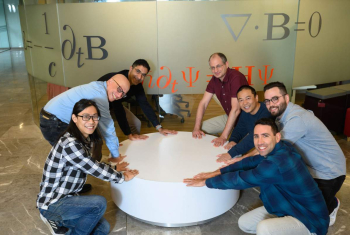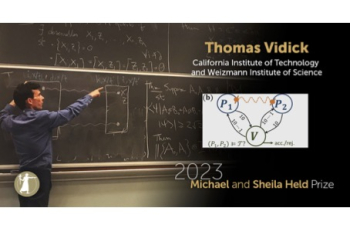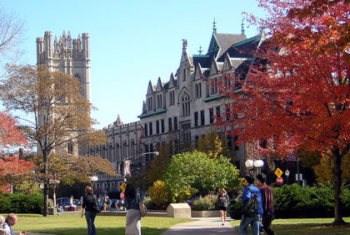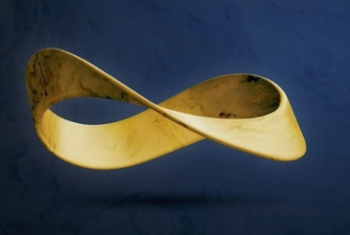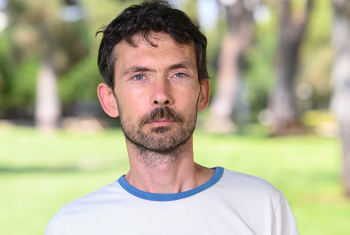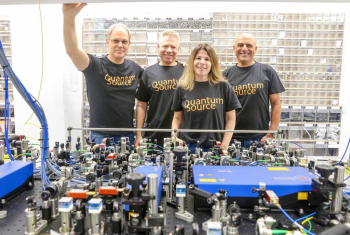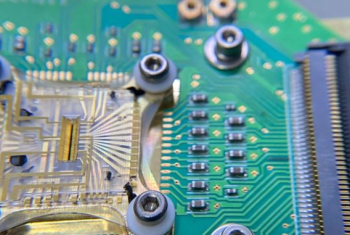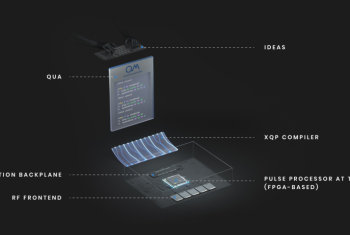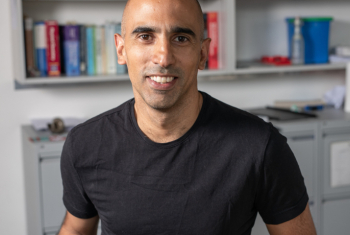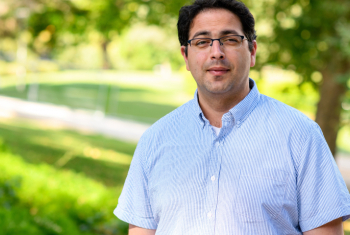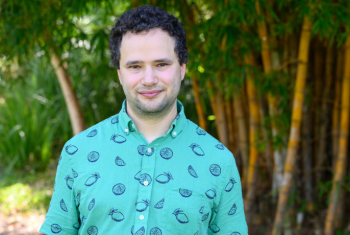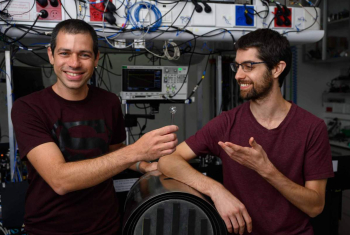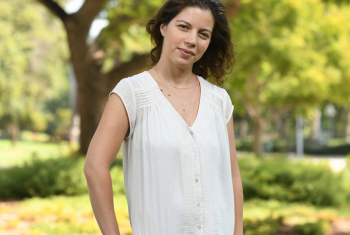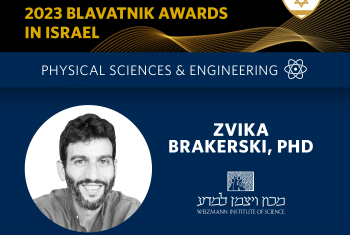
Congratulations to Prof. Zvika Brakerski, who is among the Israeli scientists awarded the Blavatnik 2023 Award for Young Scientists!
The Blavatnik Family Foundation, the Israel Academy of Sciences and Humanities, and the New York Academy of Sciences, announced today the Laureates of the 2023 Blavatnik Awards for Young Scientists in Israel: read the full press release here.
Prof. Zvika Brakerski from Weizmann Institute of Science is "recognized for developing the first efficient encryption algorithm that allows cloud computers to perform computations on encrypted data without the need to first decrypt them. His algorithm has enormous potential to improve the security of cloud computing. In addition, he has also developed new cryptography algorithms to verify the output of quantum computations."

